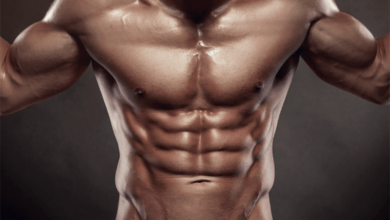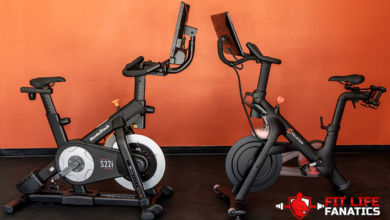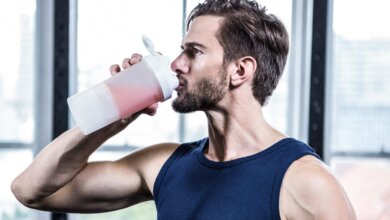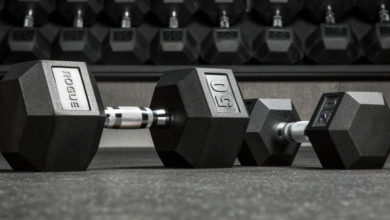Do You Lose Weight When You Pee? If So, How Much?
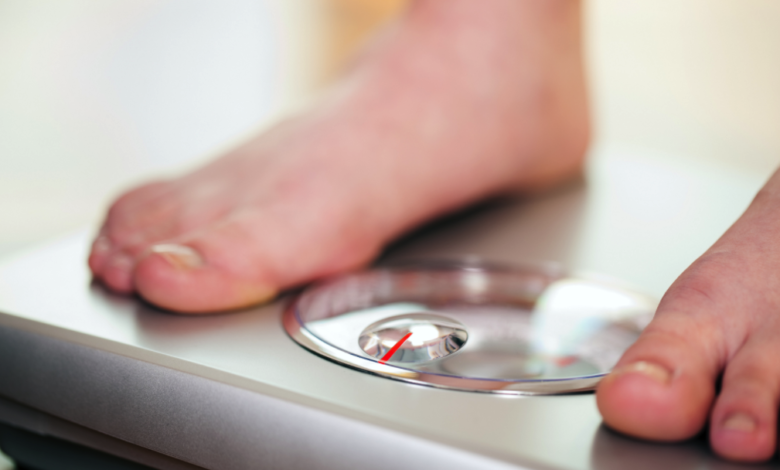
Losing weight when you pee… I mean do you?
And If you do, how much weight do you lose when you pee?
Losing weight can be quite a challenge nowadays. People use various exercise machines such as treadmills, bikes, rowing machines and other cardio machines to lose weight, but they neglect healthy foods and end up doing more harm than good.
In the modern era of computers, fast food, and 9 to 5 desk jobs, you might find yourself looking a bit flabbier than you would like.
This is a combination of multiple factors, first, our bodies are designed to get fat, no joke. This is a remnant of our time as cavemen running around the African plains.
Back then food was very scarce and meals were very irregular, so our bodies evolved to make use of every single calorie efficiently in order to require a smaller calorie intake to stay alive.
While also leading us to have a big preference for fatty, calorie-dense foods and being good at storing calories as fat.
Couple this with very inactive lifestyles nowadays and a surplus of easy access, calorie-dense food (looking at your McDonald’s), and you’ve got a recipe for weight gain.
This has led us to a whole industry of miracle fruits, meal replacement powders, protein powder smoothies, and protein pills that target regular people trying to trim their waistline.
I’ve fallen for those traps before and I can tell you these are nothing more than diuretics, making you pee more so that you lose water weight. When in reality you’re not getting in shape, only dehydrated.
If you’re still confused, keep reading and I’ll explain all you need to know.
Do You Lose Weight When You Pee? Why?

Short answer? Yes.
However, like most things related to our bodies, the answers are anything but simple, there are a lot of nuances involved.
If you hop on a scale right now, then go pee and then weigh yourself again, you’ll probably get a difference in weight. However, that number on the scale doesn’t have much impact on reality.
Your weight is just a way to measure the amount of mass on your body, and it doesn’t differentiate between what that mass actually IS.
You can’t compare a 220-pound bodybuilder Ed Coan with a 220-pound food addict. Yes, they may weigh the same, but that mass is made up of completely different things.
The same principle applies to losing weight when you pee.
Yes, you’re technically losing weight, the number on the scale drops. This is called water weight because what you lose is part of the mass of water stored in your body.
But are you losing weight for the number on the scale? No, you’re doing it for your health, your appearance, or preferably maybe both.
In that regard, the act of peeing doesn’t really do much.
You need to reduce the amount of fat you carry, eliminating water is not the optimal way to do it.
So to sum up, Do you lose weight when you pee? Yes, but you probably won’t look any different from it. Drinking a lot of water just to pee it out thinking that by doing this you will lose a bunch of weight is not a viable diet strategy.
How Much Weight Do You Lose When You Pee?
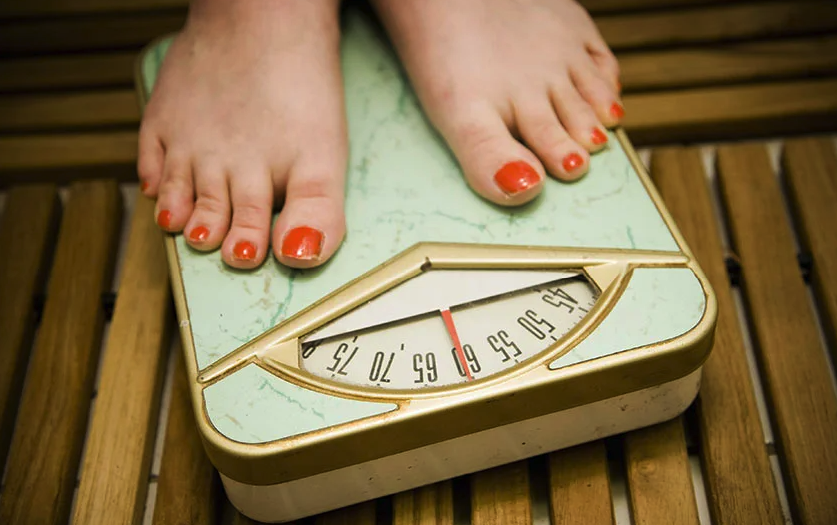
This is a bit tougher to answer, since it varies a lot from person to person and is highly dependent on other factors such as sodium consumption, how often you pee, and how much water you drink per day.
Sodium holds on to liquid because of chemistry stuff that I’m too dumb to explain properly, but it means that if you eat heavily salted foods like soy sauce or fast food, you’re probably holding on to a lot more water weight.
That’s why I keep myself away from salted foods and opt for low-sodium protein powder. And if you’re like me, and conscious about your weight, then there’s a good chance you prefer creatine-free protein powders, too.
It has been debated that creatine can cause weight gain, and there has been an equally heated debate about whether creatine is good for women and if one should take this supplement on off days.
With that out of the way, healthline.com claims that for adults with an average water consumption of 2 liters (half a gallon), the usual daily urination discharge ranges from 800 ml to 2 liters.
Since 1 liter of water weighs exactly 1 kilogram (go metric go), you can say that you’ll lose between 1.7 to 4.5 pounds of water per day.
But since you first had to ingest it, it kind of cancels out.
See why you are not actually losing weight? You drink it, increase your weight, and then pee, decreasing your weight.
Does fat leave the body through urine?
You might have seen this claim going around online, and while true, it can be a bit misleading.
I know you might be kinda confused right now, I just told you that you don’t lose weight by peeing or the amount they do end up losing does not really make a big difference…
But hey, now I’m telling you you can get rid of fat by peeing!?
Wait, don’t call me crazy just yet, I can explain.
Your body needs a set amount of calories per day to remain as is. All the natural processes of your body require energy, so if you want to keep on living, you need a set amount of energy per day.
This is called your Basal Metabolic Rate or BMR.
The way to lose weight is to eat fewer calories per day than your BMR. This will force your body to begin burning through the energy it has stored. Fat.
A great way to achieve this without starving is by increasing the calories burned through exercise. If you’re a beginner and want to start somewhere, here is a detailed guide on budget home gyms.
Like your car needs an exhaust to get rid of byproducts of burning gas, we need to get rid of byproducts of burning fat. One of the ways we do that is through urine.
However, the amount expelled through urine is actually quite small. Most of it is excreted through your breath, according to a study from 2014
To put it simply, yes some byproducts of weight loss are excreted by peeing, but it is not the act of peeing that causes weight loss.
Urinating Frequently and Losing Weight – What You Should Know
While all of the above are definitely important to understand how weight loss works, it’s not to say peeing has no relation to weight loss. Like any basic bodily function, it is imperative for your health and will be affected by your eating and drinking habits.
Do you urinate more when losing weight? If so, why?
Yes, when you lose weight you do pee more.
This is because when you are losing weight and are in a calorie deficit your body turns to it’s own fat reserves for energy.
When you start to burn fat the body undergoes a process in order to turn that fat into the energy that it needs in order to function properly. The leftovers from this process is excreted through your urine.
The more fat that you burn through the more often you will end up peeing.
Increased urination is a by-product of weight loss.
Keep in mind through the best way to burn more fat is to exercise not by drinking a bunch of water to try to pee your way to weight loss.
Weight Loss and Urine Color – What You Should Know
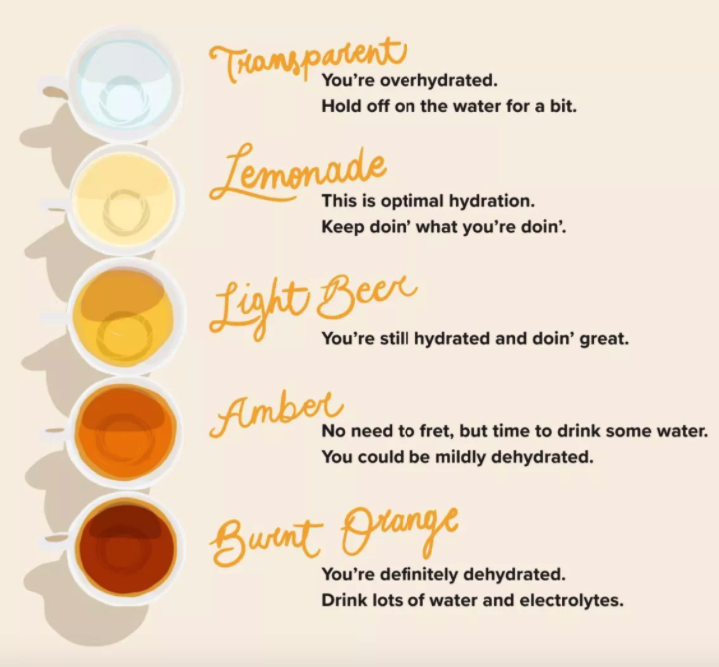
Hydration plays a big part in weight loss. Water fills you up, which can help you eat less and mitigate feelings of hunger, but it doesn’t end there.
Our bodies are 70% water, and staying hydrated is essential for good health, that is why when you’re dehydrated your body doesn’t function as well as it could and your metabolism slows down.
As a result of slow metabolism, you burn fewer calories per day. Which means your weight loss will slow down or even stop completely.
The best way to ensure you’re properly hydrated is to check your urine color.
Ideally, your pee should be either transparent or pale yellow, which means you’re properly hydrated.
If it’s medium yellow then you’re close, it’s still healthy but it could be better. If your pee is dark yellow, you’re dehydrated! Drink more water!
How to hydrate yourself
I think it’s important to clarify that not all drinks are equal. For proper hydration, you should not rely on anything but water, which means no sodas.
They are unhealthy and often end up dehydrating you since you have to get rid of all the nasty stuff that comes with a fizzy drink. Yes, some ingredients like caffeine anhydrous have some benefits, but even those do have some side effects as well.
You could also get away with sports drinks, which are filled with electrolytes. However, these are mostly for high-intensity sports, since they also have a lot of sugar which won’t help you lose weight.
Apps such as MyFitnessPal and Cronometer will help you track your water intake, so you won’t be dehydrated or overhydrated.
Remember, keep your water bottle with you and stay hydrated.
Related articles;
- What Happens If You Drink Protein Shakes Without Working Out?
- Exercise To Reduce Belly Fat for Female at Home
- Shakeology Vs Herbalife
- Why is Protein powder So Expensive?
- Preworkout Without Beta Alanine; No Itching & No Flushing
- Endurance Vs Stamina; Key Differences, Types, & Exercises for Each
References:
Ben Mayz
Hi there! I'm Ben, main author and chief editor at Fitlifefanatics.com. I have been obsessed with Strength Training and Fitness for 18 years now.
My passion for living a happy fit lifestyle is what made me realize that fitness is what I wanted for my future.
I went on to earn my Masters in Sports Training & Biomechanics.
My passion for Strength training & fitness and my love of helping others is what made me start Fitlifefanatics.
Here, myself, and a team of specialist aim to provide the most accurate, and actionable information possible in hopes to help foster the fitness community forward.
You can learn more about Fitlifefanatics on our About Page




